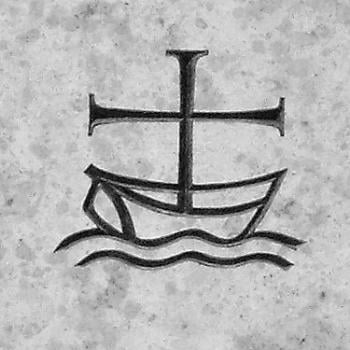Let us take a brief look at one of the other commandments as an example of the power of the first sentence. "You must not kill," reads commandment 6 (or 7 in another enumeration). Multiple translations read this verb as "murder" (NRSV, for example). I think that reading is not possible. The verb used here occurs in many instances of killing, from premeditated murder, to accidental killing, to death in battle. In short, the verb covers all sorts of killing. The murder translation is too specific; the command says "don't kill." Humans are addicted to killing. The 20th century was by any count the most brutal in the world's history. Hundreds of millions of people were killed in wars, famines often caused by war, and other ways too many to enumerate. Capital punishment remains very active in the USA; I live in the state, Texas, where more instances of capital punishment occur than any other state, over 250 just last year (2010).
This is killing, whether one agrees it is just or unjust to do so. The commandment says "you must not kill." Why? Because life and death belong to God, and not to us. No human life can be taken lightly, however heinous and horrible one finds that life to be. But if the commandment is what it is, namely a general proscription against all killing, then the divine bar is set very high. YHWH can free us from our addiction to killing; it is YHWH's desire to do so. We need not kill our brothers and sisters to make a way for ourselves. We must not kill.
The Ten Commandments are worth our most careful thought, especially in the 21st century, which seems so remote from their prescriptions. But they are far from remote and alien to us, because YHWH wants us to be free, free from our vain desires, free to love God and God's rich creation.





